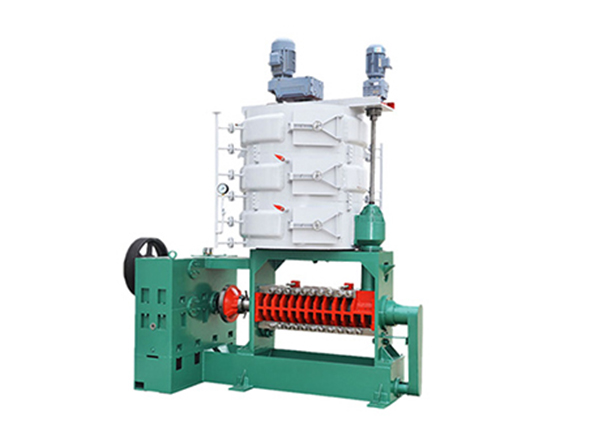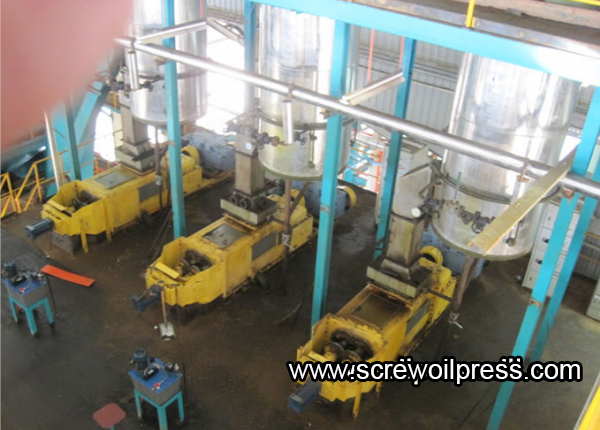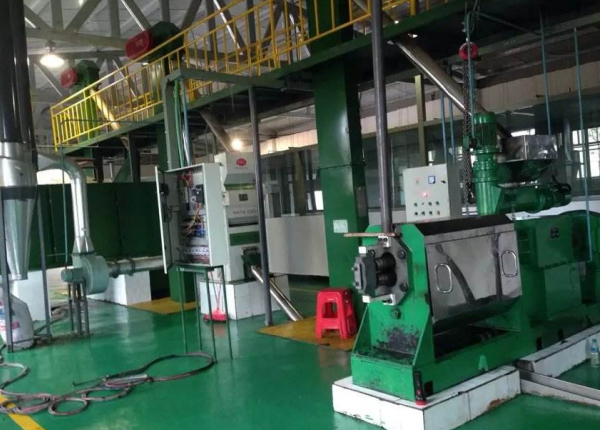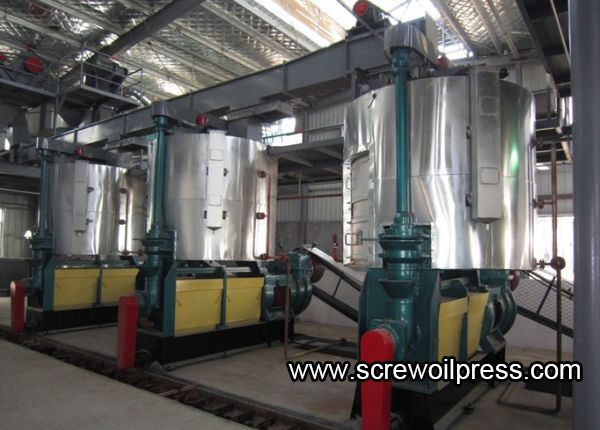- Oil Mill Machinery
- Oil Refinery Machinery
- Oil Processing Plant
- Solvent Extraction Plant
- Animal Oil Processing Machine
- Feed Processing Machine
- Palm Oil Mill
- Industrial Drying Machine
- Grain Processing Machinery

NEWS
Effects Of Physical And Chemical Refining Processes On The Quality Of Grape Seed
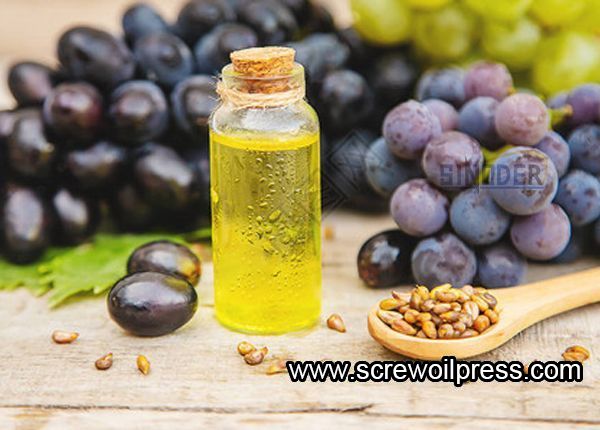
Grapeseed oil contains more than 70% linoleic acid, but also contains a variety of nutrients such as flavonoids, polyphenols, vitamin E and lecithin.
Unlike other vegetable oils, it is also rich in proanthocyanidins, which can be absorbed by the body and enhance the stability of cooking oil.
Vitamin E is an indispensable nutrient for the human body, which can protect the integrity of cell membrane, prevent polyunsaturated fatty acids, phospholipids from being oxidized, reduce pigmentation, prevent spots and so on.
Linoleic acid is one of the fatty acids needed by the human body. Eating grape seed oil can promote the nutritional balance of the body.
The crude oil extracted from grape seeds is refined to meet the requirements of the national standard oil before it can be sold on the market.
There are two ways to refine oil, one is physical extraction, and the other is chemical extraction. In addition, according to different refining techniques, it also has a great impact on its quality.
Chemical refining is a process of alkali refining, degumming, washing, decolorization and deodorization according to the chemical characteristics of impurities in grape seed oil.
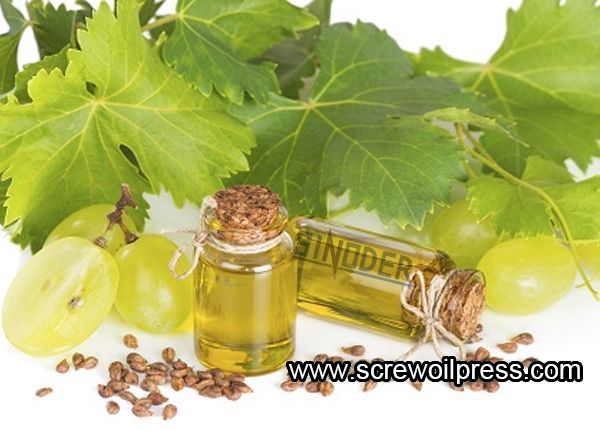
It was found that during the chemical refining process, alkali refining, decolorization and deodorization would lead to the increase of trans fatty acid content in grape seed oil, and mainly trans-linoleic acid.
The high vapor pressure and high temperature deodorization process will reduce the content of vitamin E in crude oil.
In the physical refining process, the grape seed oil in the degumming and decolorization process basically does not produce trans fatty acids.
The production of trans fatty acids is mainly concentrated in distillation deacidification and deodorization. Comparatively, the deacidification and deodorization stage of steam distillation has a relatively obvious effect on the total trans fatty acid content and vitamin E loss.
In general, whether it is physical refining or chemical refining will affect the quality of grapeseed oil, oil plants can choose different refining processes according to the use of the oil in the production and processing of grapeseed oil.





